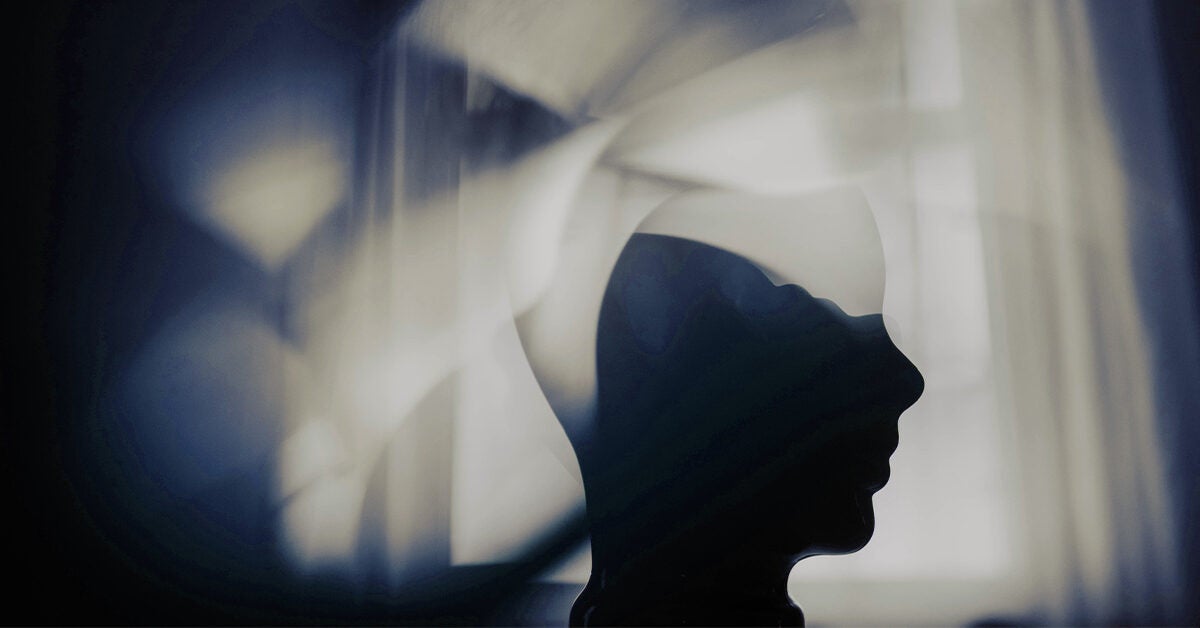Deploy Folding Table of contents
Bipolar disorder is an illness in which people experience extreme mood swings, from manic episodes of euphoria, irritability, and restlessness, to depressive episodes of despondency and hopelessness. While it’s a treatable illness, it can be difficult to diagnose and manage. And for some people, the extreme mood swings can take a more severe form, known as bipolar disorder psychosis.
What Is Bipolar Disorder Psychosis?
Bipolar disorder psychosis is a serious mental health condition that can come with manic and/or depressive episodes and is characterized by a distorted or altered view of reality. People with bipolar disorder psychosis can exhibit delusional thinking and an inability to differentiate between their own ideas and reality. They may also experience hallucinations, such as hearing or seeing things that aren’t actually there.
Symptoms of Bipolar Psychosis
The symptoms of bipolar disorder psychosis can vary depending on the individual, but they generally include:
- Delusions: Having false beliefs and feelings that are not based in reality, such as thinking a person is out to get them when they’re not.
- Hallucinations: Seeing, hearing, or feeling things that aren’t real.
- Disorganized thinking: Difficulty organizing thoughts, speaking in a jumbled or incoherent way, or switching topics rapidly during conversation.
- Unusual behavior: Engaging in bizarre or reckless behavior, such as excessive spending or risky sexual activities.
Treatment Options for Bipolar Psychosis
Treatment for bipolar disorder psychosis typically involves a combination of medication and psychotherapy. Medication is used to help stabilize mood swings and reduce psychotic symptoms, while psychotherapy can help people learn how to manage the condition and recognize and cope with warning signs before they become severe. In some cases, hospitalization may be necessary to keep the person safe while they are receiving treatment.
Strategies for Prevention and Management
There are several strategies that people with bipolar disorder psychosis can use to help prevent and manage their symptoms. These include:
- Reducing stress: Stress can trigger or exacerbate symptoms, so it’s important to learn stress management strategies such as relaxation techniques and exercise.
- Getting enough sleep: Lack of sleep can be a major trigger for symptoms. It’s important to stick to a regular sleep schedule and get at least 7-8 hours of sleep every night.
- Eating a balanced diet: Eating a healthy diet can help to keep the body and mind healthy, and reduce the risk of episodes.
- Staying socially connected: Social support is important for managing mental health conditions, so it’s important to stay connected with family and friends.
Living with Bipolar Disorder Psychosis
Living with bipolar disorder psychosis can be difficult, but with proper treatment and support, it is possible to manage the condition and lead a healthy, productive life. It’s important to take time for self-care and make sure to get adequate rest, eat a healthy diet, and exercise regularly. It’s also important to make sure to stay in touch with family and friends, and be open and honest about how you are feeling.
Bipolar disorder psychosis can be a difficult and complex condition, but with the right treatment and strategies, it is possible to manage symptoms and lead a healthy life.
Sources
- Marsh, Angelica M. et al. (2020). Bipolar Disorder Psychosis: Symptoms, Treatment, and Prevention Strategies. Psychology & Psychiatry, Vol. 5, No. 6.
- Sadock, Benjamin J. et al. (2017). Kaplan and Sadock’s Comprehensive Textbook of Psychiatry. 10th ed. Philadelphia, PA: Lippincott Williams & Wilkins.
- Rao, Raju et al. (2012). The Bipolar Book: History, Neurobiology, and Treatment. New York, NY: Springer.



